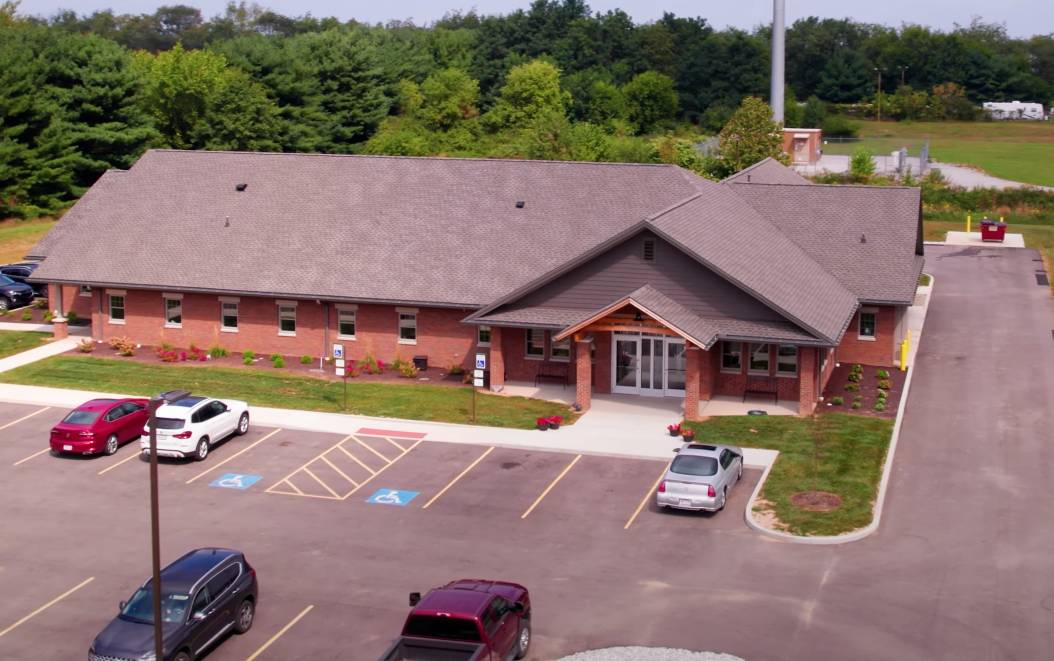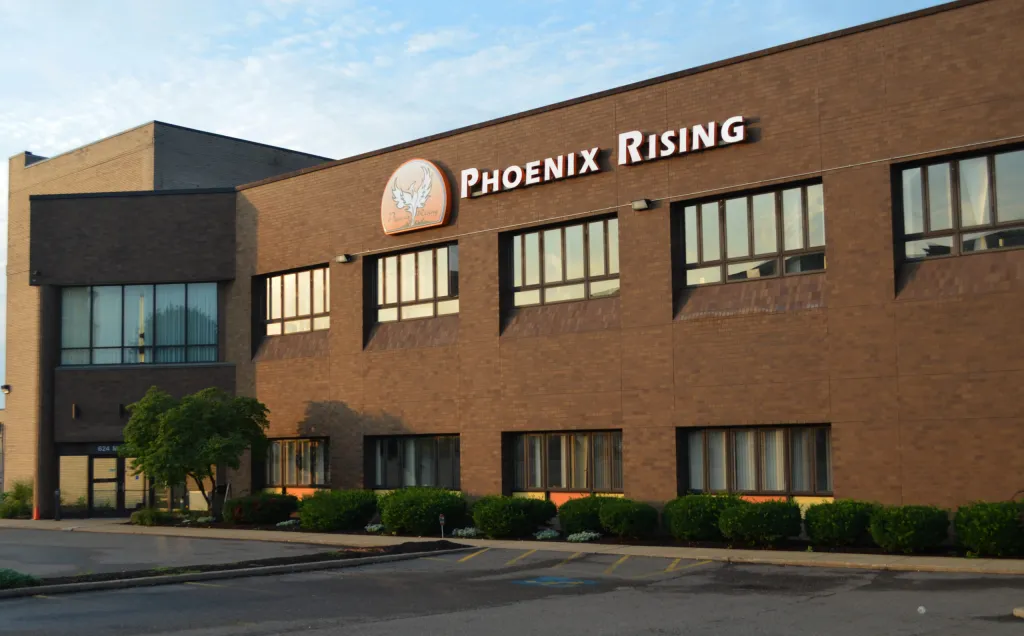The True Impact of Running Older, Outdated Technology
Business executives face a range of obstacles each and every day. Naturally, many of them are reluctant to embrace new, innovative technology because they’re simply too busy to look into the pros and cons of what they’re currently using versus what they should be upgrading to.
Unfortunately, older, outdated technology is more expensive to use and repair. Cetan Corp found that PCs more than 4 years old experience an average of 21 hours of downtime per year and cost 50% MORE to repair than the cost of purchasing a new one. Older, outdated technology is simply slower, less powerful, and more prone to cybercrime than new, innovative technology.

Why Do Businesses Use Outdated Technology?
In many cases, businesses run older, outdated technology because they haven’t taken the time to investigate the risks or they don’t feel they have the time to research the pros and cons before making a purchase. In some cases, they don’t feel they can afford to outright purchase new, innovative technology. Rea & Associates understands both dilemmas, however, working with a technology provider can make a world of difference – giving you access to:
- A thorough assessment of your environment to take note of what’s outdated or what will soon be unsupported to give you recommendations for upgrades.
- A better price on the equipment that requires upgrading due to various partnerships with industry-leading manufacturers.
- A flat-rate monthly fee to support the new, innovative technology that needs to be installed, configured, and maintained on an ongoing basis.
Lastly, Rea & Associates is able to help businesses take advantage of Section 179 of the IRS Tax Code. This deduction enables businesses to deduct the full purchase price of qualifying equipment that is bought or financed during the year.
What Are The Risks?
If you’re still running older, outdated technology, the risks may change your mind. After all, there is a multitude of HUGE risks associated with running older, outdated technology, including the following:
Security Breaches
This is the biggest risk as older, outdated equipment can’t handle new, sophisticated forms of cybercrime. Not only that, but cybercriminals know what type of equipment is outdated and less likely to have proper support, patches, and bug fixes applied to it. They learn the vulnerabilities associated with that equipment – making it much easier to target businesses running it rather than businesses running new, innovative technologies.
Did you know that 49% of consumers will never return to a business upon hearing they’ve had their website or servers hacked? Scary, isn’t it? Cybercriminals are becoming incredibly sophisticated and coordinated in their efforts. All it takes is one email, bad link click, or other small action to get infected.
Equipment Failure
Next, we have equipment failure. This is much more common for older, outdated technology. Your motherboards, servers, hard drives, memory disks, and the software doesn’t last forever. It’s not meant to. If a piece of equipment fails, you’re likely to lose all the important data stored on that piece of equipment. More often than not, fixing a piece of equipment that failed is very difficult, and in many cases, far too expensive for the average business to pay.
In addition to potential data loss, equipment failure leaves your staff members with nothing to do for hours, or worse, days while you look into fixing that piece of equipment or replacing it with something more efficient. Chances are, your customers won’t be too happy to hear why their deadlines are being missed.
Lack Of Competitive Edge
New, innovative technology gives businesses a competitive edge. How so? Well, they’re able to do more with less. Not only does new, innovative technology make a business more agile and productive, but it also gives them the ability to access real-time analytics to make smarter, more informed decisions. You can gather insight into all areas of the business, regardless of your industry, and make choices to improve each area.
Cloud computing, in particular, gives many businesses a huge advantage in terms of being able to expand their market reach. They can work with clients anywhere in the world because they’re able to share information back and forth anytime, from any device, with those clients. They don’t have to worry about being limited to one location.
Are There Regulatory Compliance Concerns?
Absolutely. If you’re processing credit cards, you must be PCI compliant. If you’re processing patient information, you must be HIPAA compliant. Almost every business has some form of regulatory compliance to think about. And almost every regulation mentions running older, outdated technology as something to avoid. PCI, for instance, specifically mentions running Windows XP and older versions of Internet Explorer as risks.
If you’re ready to upgrade but not sure where to start, Rea & Associates offers strategic IT consulting in Massillon, Canton, Akron, and Across Northeastern Ohio.
Click here to get started or call us at (330) 236-1011 and schedule a consultation.



